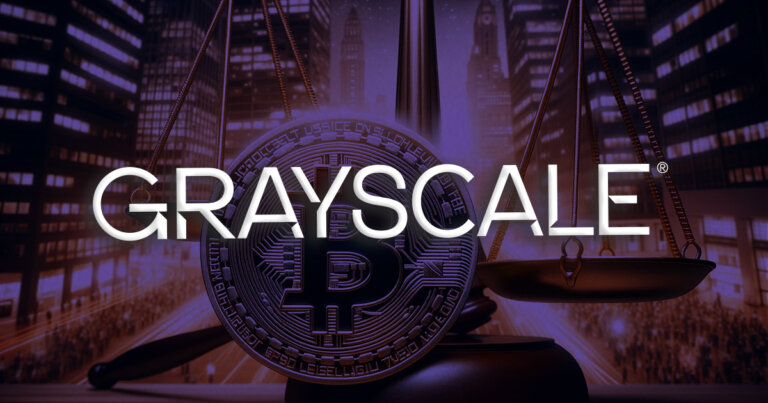 Grayscale, DCG stand against Genesis plan to liquidate $1.6 billion in trust shares
Grayscale, DCG stand against Genesis plan to liquidate $1.6 billion in trust shares Grayscale, DCG stand against Genesis plan to liquidate $1.6 billion in trust shares
DCG, the parent company of the bankrupt lender, contended that Genesis's motives for selling the assets lacked merit.

Cover art/illustration via CryptoSlate. Image includes combined content which may include AI-generated content.
Crypto firm Digital Currency Group (DCG) and Grayscale objected to bankrupt lender Genesis‘ move to divest its assets, including Grayscale’s Bitcoin Trust (GBTC), Grayscale Ethereum Trust (ETHE), and Grayscale Ethereum Classic Trust (ETCG), shares worth approximately $1.6 billion, according to recent court filings.
Grayscale’s objection
In its court filing, Grayscale stated that it could not be compelled to redeem any shares at the Debtors’ behest because it had not received prior notice about this development, nor was it an authorized participant empowered to redeem them.
According to the firm:
“GBTC Shares, ETHE Shares, and ETCG Shares (collectively, the “Trust Shares”) constituting “restricted securities” cannot be sold, assigned, or otherwise disposed of without Grayscale’s prior written consent, which may be provided or withheld in its sole discretion.”
The crypto company continued that complying with Genesis’ request might undermine its ability to ensure compliance with federal securities laws and regulations.
As such, Grayscale respectfully requested the Court to deny the portion of the motion seeking to nullify its consent rights and the authorized participant requirements. The firm further emphasized the need to undertake its standard process to ensure compliance with applicable laws, including federal and state securities laws.
Meanwhile, Grayscale clarified that it takes no position on whether Genesis should be allowed to sell the assets and has no intent to delay or obstruct the sales.
‘No merit’
On its part, DCG argued that Genesis’s motives for selling the assets “have no merit.”
“Given the uncertainty around the Debtors’ Amended Plan and when distributions to creditors might actually occur, there appears to be no immediate need for the relief requested by the Debtors,” DCG lawyers wrote.
The asset management firm advised delaying any asset sale until the Debtors’ Amended Plan hearing concludes. However, if the Court favors the motion, DCG urges the appointment of a specialized broker for these assets and recommends consultation before any sales occur.
Last week, DCG objected to the approval of its Genesis bankruptcy plan because it overcompensated creditors at its detriment,



































































